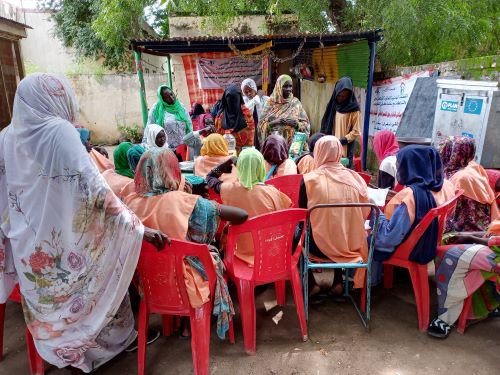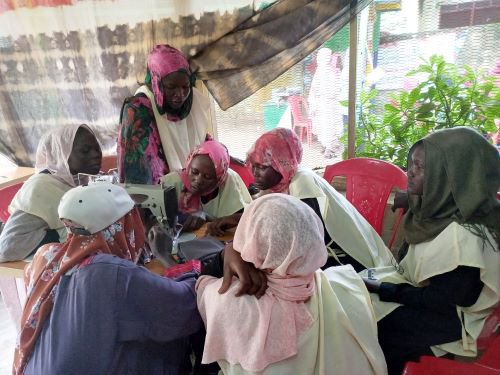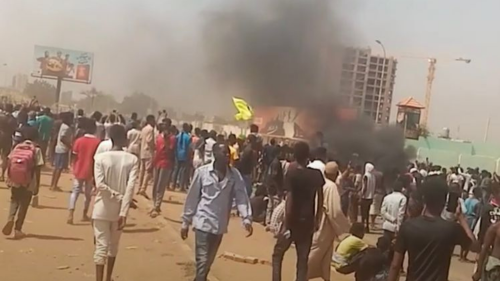[Original (October 27, 2021); Translated by J. Tsuchiya/A. Taguchi]
Background of the coup in Khartoum, the capital city of Sudan
On October 25, 2021, military forces detained Prime Minister Hamdok along with several other ministers, gaining power in the coup. In Sudan, after the political change in 2019, the military and civilians agreed to share power for the transition to civilian rule. But due to a slumping economy with an inflation rate of 300%, it prompted complaints and people criticized the current transitional government.
The political situation got worse in September. Because of the alleged attempt of a coup, the government detained about 40 military officials and civilians who had a connection with the al-Bashir regime that was overthrown in 2019. On October 16, protesters took out on the road calling for a military government to regain power and stabilize the nation. But 5 days later, there were also widespread demonstrations against the military’s regaining power with tens of thousands of citizens participating.
The situation in Kaduqli in the aftermath of the coup
Internet and cell phone connections are still unstable here. However, we are a little bit relieved to hear that our activities such as vocational training are conducted as usual with normal communication available between Kaduqli, our activity site, and Khartoum, where the Japanese staff stay. We are concerned about the influences on civic life. Many shops and businesses are closed to show civil disobedience to the coup or in fear of riots. Schools are closed again after the re-opening due to the closure from COVID-19.
Although we are in an unpredictable situation, we recall that we were able to operate normally in our activity site in South Kordofan during the last coup in 2019. And this time again, we will carefully watch the situation to carry out our activities as much as possible together with our on-site staff. We will give the highest priority to safety. We appreciate your continued support.

Food processing training.

Sewing training.
The situation in Sudan after the coup
On October 25, the military forces detained most of the members of the transitional government including Prime Minister Hamdok and the civilian members of the Sovereignty Council. On October 26, Mr. al-Burhan, a military leader who headed the Sovereignty Council, dissolved the council and the transitional government, announcing a state of emergency across the country.

Demonstrators.
Mr. al-Burhan said that he would implement the country’s transition to civilian rule, indicating his intention to abide by the agreements that have been signed with the international communities including the peace accord with anti-government forces in Juba. However, there is increasing concern that the military would assume control over the nation and the full transfer of power to civilians could be disrupted. The international community criticizes the coup as a dangerous action that would jeopardize the transfer of power to civilians.
In Khartoum, thousands of citizens surged around the military facility to protest the coup and the arrest of the Prime Minister and others. It was reported that the military forces responded with firearms, leaving 7 demonstrators dead and more than 140 injured.
Share This: